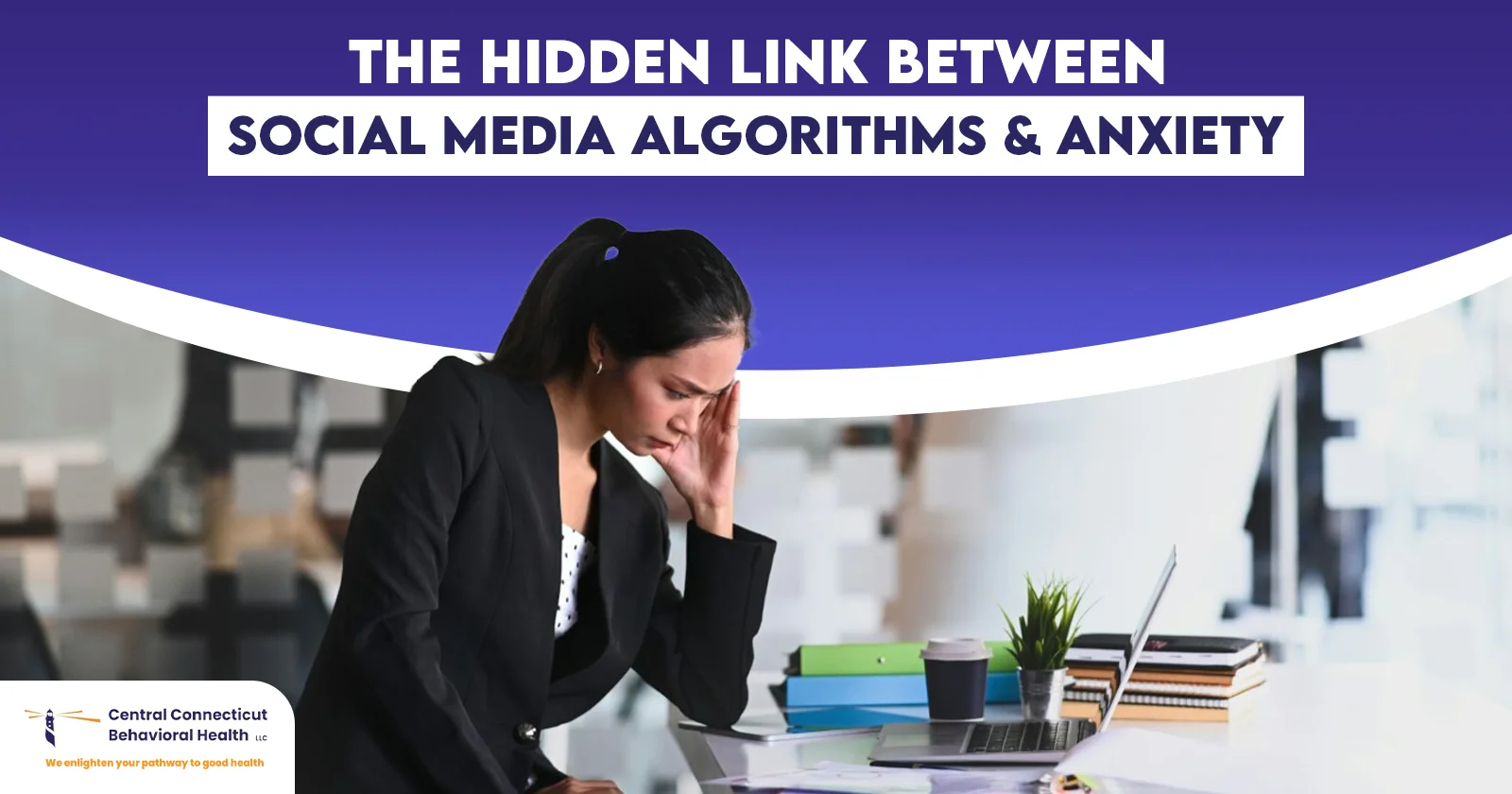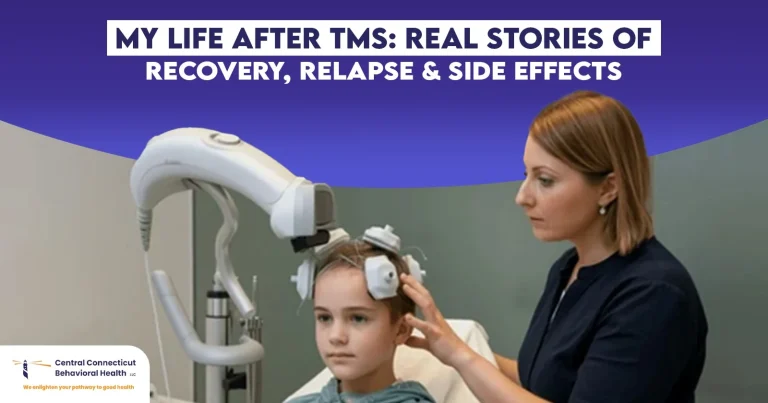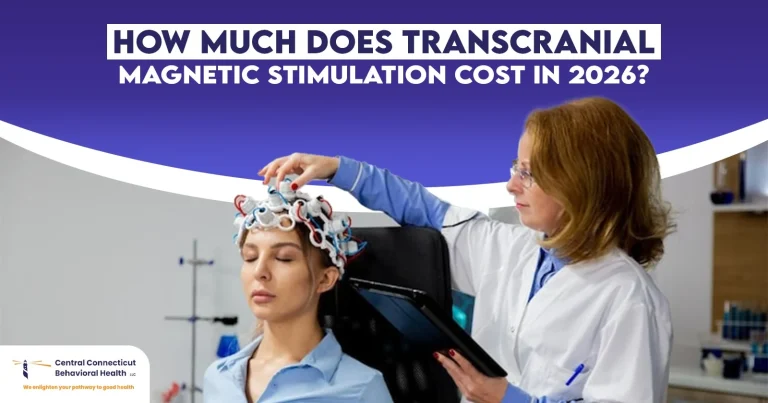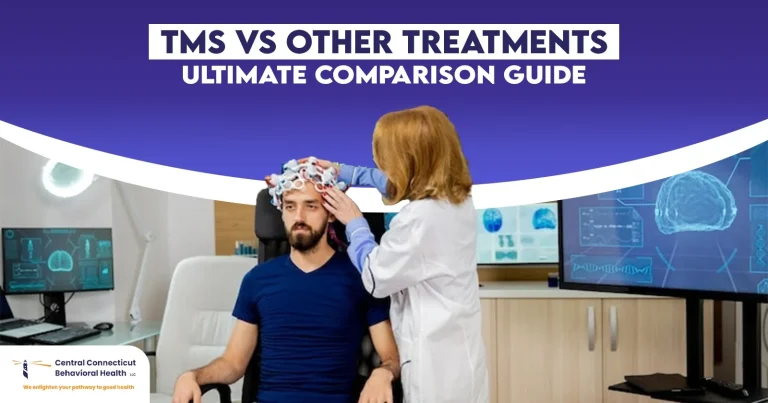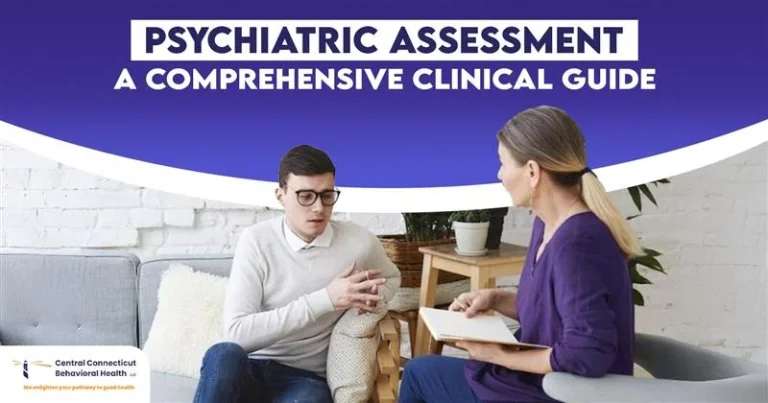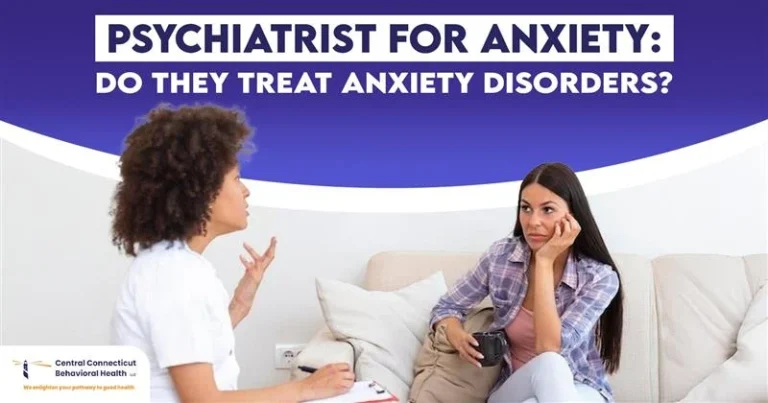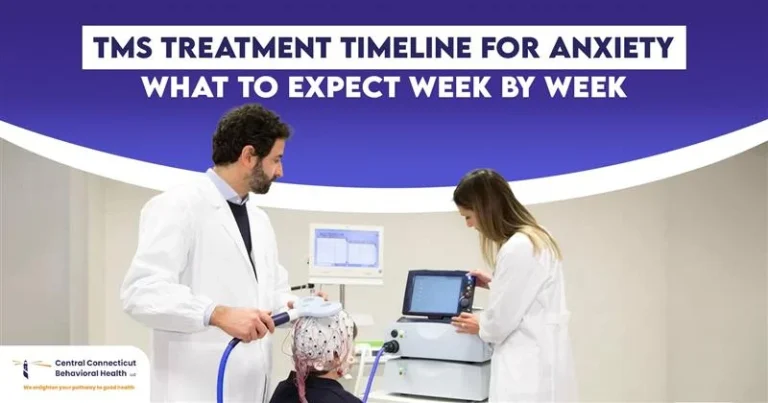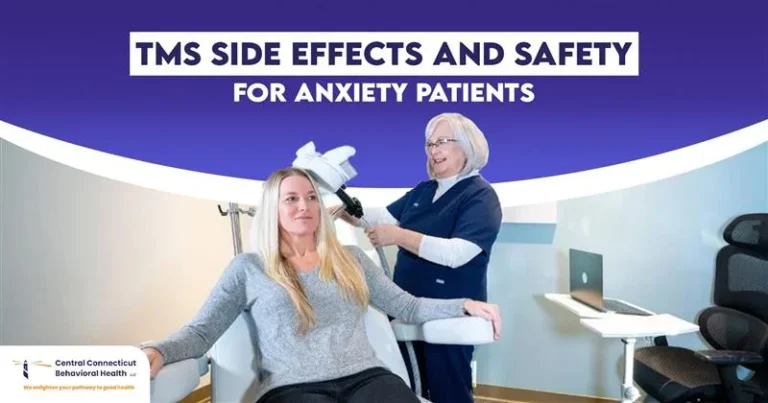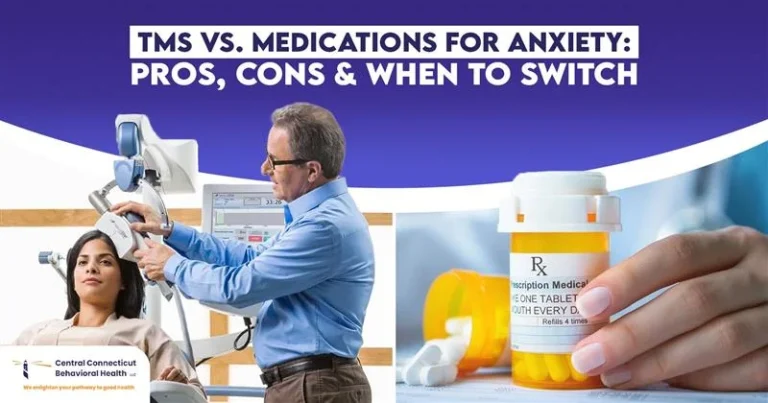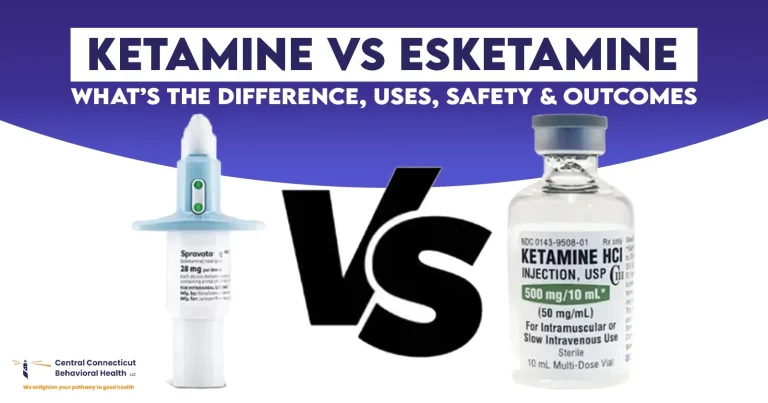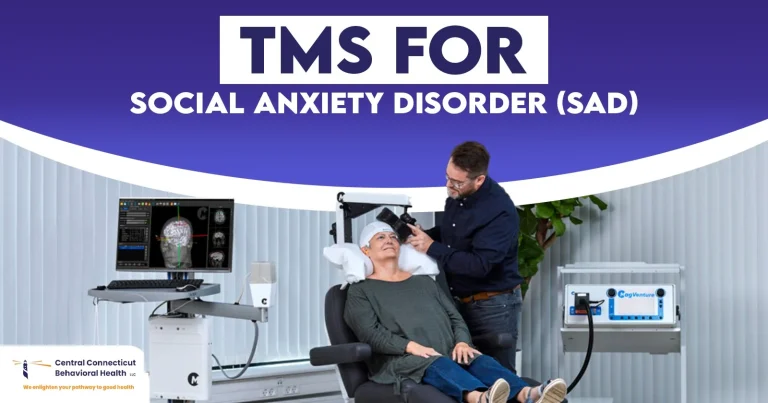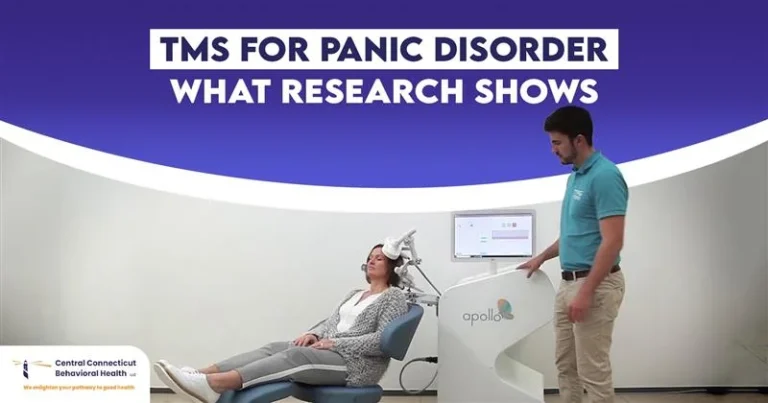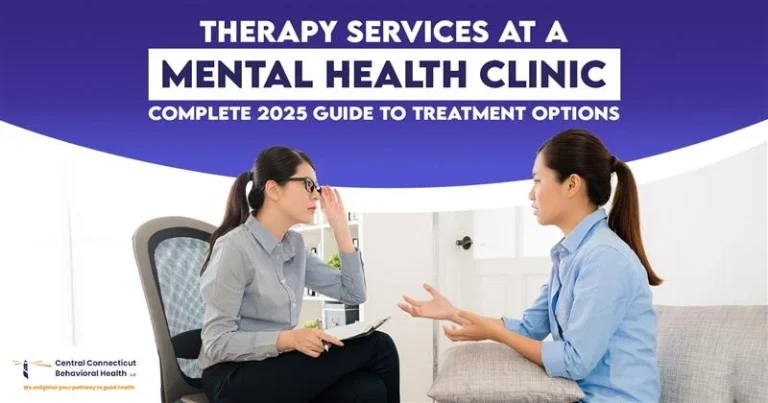In today’s digital environment, individuals spend hours scrolling through feeds, watching videos, and checking updates. What most don’t see is an experience forged in intricate systems behind the screen. These systems are called algorithms. This hidden lever of influence has generated a direct connection with social media algorithms and anxiety.
Do social media algorithms cause anxiety in users? For many, the answer is yes. People feel trapped in cycles of comparison, stress, and overthinking. This is where terms like algorithmic anxiety and doomscrolling anxiety come into the conversation.
Experts now warn that social media algorithms mental health problems are growing fast. Teenagers, young adults, and even older users often feel overwhelmed. New forms of anxiety such as Instagram algorithm anxiety, TikTok algorithm anxiety, and even AI-driven recommendation anxiety show how deeply these systems affect emotions.
The connection is not simple, but the pattern is clear. By exploring how algorithms affect mental health, we can see the hidden risks. Central Connecticut Behavioral Health and Care help people manage struggles tied to technology and regain control of their mental well-being.
How Algorithms Affect Mental Health
How algorithms affect mental health is a growing concern worldwide. Algorithms are built to capture attention. They use your clicks, likes, and views to predict what you will watch next. While this seems helpful, it often leads to overuse. People lose track of time, and their minds stay overloaded.
The brain reacts strongly to rewards. A like, a share, or a comment gives a short burst of pleasure. But when the reward is missing, stress grows. This creates cycles of excitement and disappointment. Over time, it builds patterns of worry, also called algorithmic anxiety
Social Media Algorithms and Mental Health Risks
The risks of social media algorithms mental health issues are not limited to one platform. They appear across apps.
- On Instagram, people often face Instagram algorithm anxiety when their posts do not perform well.
- On TikTok, constant exposure to viral videos may trigger TikTok algorithm anxiety.
- Teens struggle more with social media algorithms and teen anxiety, as their self-worth is tied to online validation.
These patterns show how social comparison and algorithms shape emotions. People compare themselves with carefully edited content, which fuels insecurity.
Symptoms of Social Media Anxiety
It is important to recognize the symptoms of social media anxiety before they grow worse. Common signs include:
- Constant urge to check feeds.
- Stress when likes or comments are fewer.
- Worry about missing out on trends.
- Doomscrolling anxiety late at night.
- Sadness linked with negative content.
These signs show how the mind and body respond to online stress.
Different Forms of Algorithm-Driven Anxiety
| Type of Anxiety | Description | Example Platforms |
| Algorithmic anxiety | Stress from unpredictable content | All platforms |
| Doomscrolling anxiety | Anxiety from endless negative news | Twitter, Facebook |
| Instagram algorithm anxiety | Stress over likes, reach, or trends | |
| TikTok algorithm anxiety | Pressure from viral content cycles | TikTok |
| AI-driven recommendation anxiety | Stress from hyper-targeted suggestions | YouTube, Netflix |
Why Does Social Media Make Me Anxious?
People often ask, “Why does social media make me anxious?” The answer lies in how algorithms work. They keep pushing content based on your interests, fears, and habits. If you click one stressful video, the system shows you ten more. This builds pressure.
Social media addiction causing my anxiety is another common question. The hidden link is clear: more time online means less time resting, connecting in real life, or focusing on positive habits.
Algorithmic Amplification and Mental Health
Algorithmic amplification and anxiety occur when platforms magnify certain emotions. Negative content often spreads faster because people react strongly to it. This leads to more stress.
Similarly, social media algorithms and depression anxiety are connected. Repeated exposure to sad or triggering content increases depressive feelings. People get stuck in a loop where the algorithm keeps feeding what harms them.
Hidden Link Between Social Media Algorithms and Anxiety
The hidden link between social media algorithms and anxiety lies in personalization. Platforms know what makes you click. But they don’t always care if it makes you anxious.
This link is subtle. Many users don’t realize their mood is shaped by the feed. A harmless scroll can lead to hours of stress. That is why awareness is vital.
Are Recommendation Systems Addictive?
Yes, recommendation systems addictive patterns are real. The brain treats recommendations as surprises. Each new video or post feels like a small gift. This makes people keep scrolling.
For some, this leads to reduce anxiety from social feeds methods, such as limiting screen time, muting stressful accounts, or using digital detox apps.
How to Stop Algorithm-Driven Anxiety
Learning how to stop algorithm-driven anxiety is important for balance. Here are some ways:
-
Limit Screen Time
Set timers on apps. Small breaks help reduce stress.
-
Filter Content
Unfollow accounts that make you anxious.
-
Build Healthy Habits
Focus on real-life hobbies and exercise.
-
Seek Support
Professional assistance can be beneficial in recovery, particularly when combined with social media algorithms and mental health challenges.
Tips to Reduce Stress
- Avoid using apps right before sleep.
- Turn off notifications.
- Take breaks after long online sessions.
- Practice mindfulness.
- Connect with family and friends offline.
Final Words
The hidden link between social media algorithms and anxiety is now clearer than ever. From algorithmic anxiety to doomscrolling anxiety, users face invisible battles every day. Platforms are designed to keep people online, but mental health pays the price. Stress, sadness, and comparison all rise when the feed controls the mind.
Understanding social media algorithms mental health risks is the first step. Solutions are possible. Some find relief by cutting screen time. Others focus on building real-world activities. For many, professional help becomes the key.
Centers like Central Connecticut Behavioral Health and Care guide patients through recovery. They provide support for those struggling with social media algorithms and depression anxiety, social media addiction causing my anxiety, or similar issues.
In the end, the goal is simple. Don’t let the feed control your peace. Use tools, awareness, and care to stay in charge.
FAQs about Social Media Algorithms and Anxiety
Do social media algorithms cause anxiety?
Yes, because they trap users in cycles of comparison and stress.
What is algorithmic anxiety?
Algorithmic anxiety is the stress people feel when unpredictable online feeds affect emotions.
Are recommendation systems addictive?
Yes, as they keep users engaged with endless new content.


